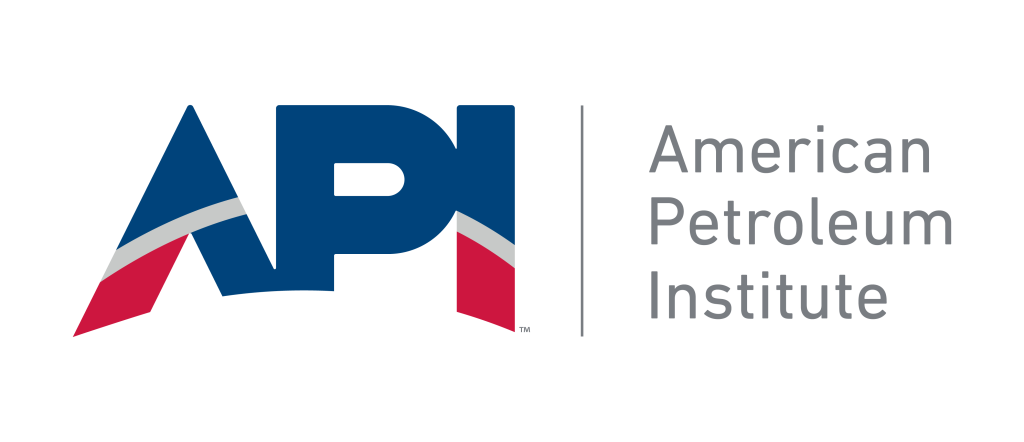(WO) — The American Petroleum Institute (API) has released Bulletin 5100, Ordinary Portland Cement as a Barrier for Carbon Capture, Utilization, and Storage (CCUS) Applications, providing detailed technical guidance on the use of Ordinary Portland Cement (OPC) as a durable and reliable sealing material for CCUS wells.
The document consolidates field and laboratory research demonstrating OPC’s long-term performance and stability in CO₂ injection and storage environments, reinforcing its continued use for wellbore isolation in Class VI wells regulated under the U.S. Environmental Protection Agency’s Underground Injection Control (UIC) program. These wells are designed for the permanent sequestration of CO₂ in deep geologic formations.
“Ordinary Portland Cement has been a go-to material for many operators for CO₂ injection and storage wells because of its proven performance and reliability,” said Anchal Liddar, API Senior Vice President of Global Industry Services. “Comprehensively leveraging peer-reviewed research by leading experts, this bulletin demonstrates why OPC is a safe, effective, and reliable option for CCUS applications.”
API said the new bulletin responds to growing technical questions about OPC’s performance in long-term CO₂ exposure conditions, offering operators and regulators a science-based reference for well design, safety assurance, and regulatory compliance. The publication reflects API’s ongoing commitment to advancing CCUS deployment through standardized practices that support safe, effective carbon management and environmental stewardship.

